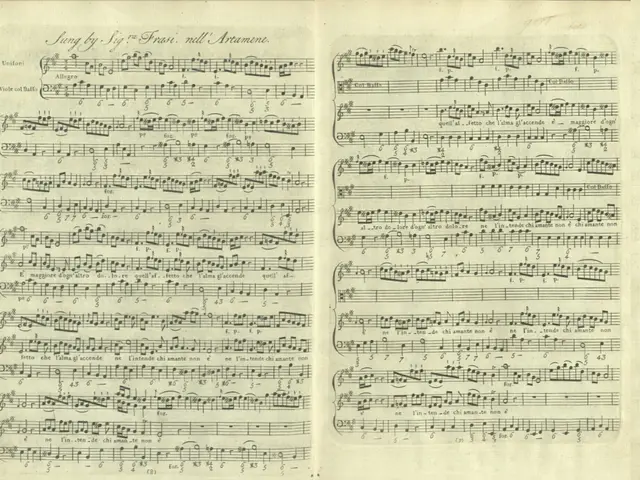Voters in Germany's most populous region cast ballots, with the Alternative for Germany (AfD) party seeing a substantial surge in support.
Voters in Germany's most populous state, North Rhine-Westphalia, are heading to the polls on Sunday, September 14th, in a crucial election that could shape the political landscape of the region and have implications beyond its borders.
North Rhine-Westphalia, a region of 18 million people, has been grappling with economic stagnation and rising unemployment, exacerbating voter frustration. According to recent polls, around 20,000 positions, including mayors, district administrators, and city and municipal councils, are up for election.
One in four residents in North Rhine-Westphalia has an immigration background, mirroring Germany as a whole. However, many voters feel that mainstream politicians ignore their concerns, particularly on immigration. This sentiment has provided an opening for the Alternative für Deutschland (AfD), a right-wing party that has gained traction by openly addressing migration-related problems.
The AfD nearly tripled its result in the regional elections, achieving about 14.5 percent statewide according to forecasts and preliminary results. This significant rise reflects deeper discontent among voters, who are dissatisfied with the government led by Minister-President Hendrik Wüst and the CDU, which governs locally in coalition with the Greens.
National polls show only 22% of Germans are satisfied with Merz's government. The chancellor's centre-right CDU is set to remain the strongest party with 36%, followed by the Social Democrats (SPD) at 23%. However, the SPD is facing a collapse in its home turf, the industrial heartlands of the Ruhr, due to fears among its traditional base of workers for their livelihoods.
In contrast, the AfD is forecast to capture 15% in the North Rhine-Westphalia elections, becoming the third-strongest force in the state. This would be a significant breakthrough, as the party was previously unable to make a significant impact in the region.
The rise of the AfD in North Rhine-Westphalia has been met with attempts to restrict public debate. In Cologne, all major parties except the AfD have signed a 'fairness agreement' pledging not to discuss immigration-related disadvantages. However, these attempts have backfired, as many Germans now rate the AfD as most competent on asylum policy.
It is unlikely that the AfD will win mayoralties outright in North Rhine-Westphalia, but breakthroughs into second rounds and a surge in council representation would be unprecedented and symbolic. This could signal a broader shift in German politics, with the AfD gaining more influence and mainstream parties struggling to address voter concerns.
The local elections in North Rhine-Westphalia are viewed as a litmus test for the national government of Chancellor Friedrich Merz. The results could provide valuable insights into the state of German politics and the direction in which it is heading.








